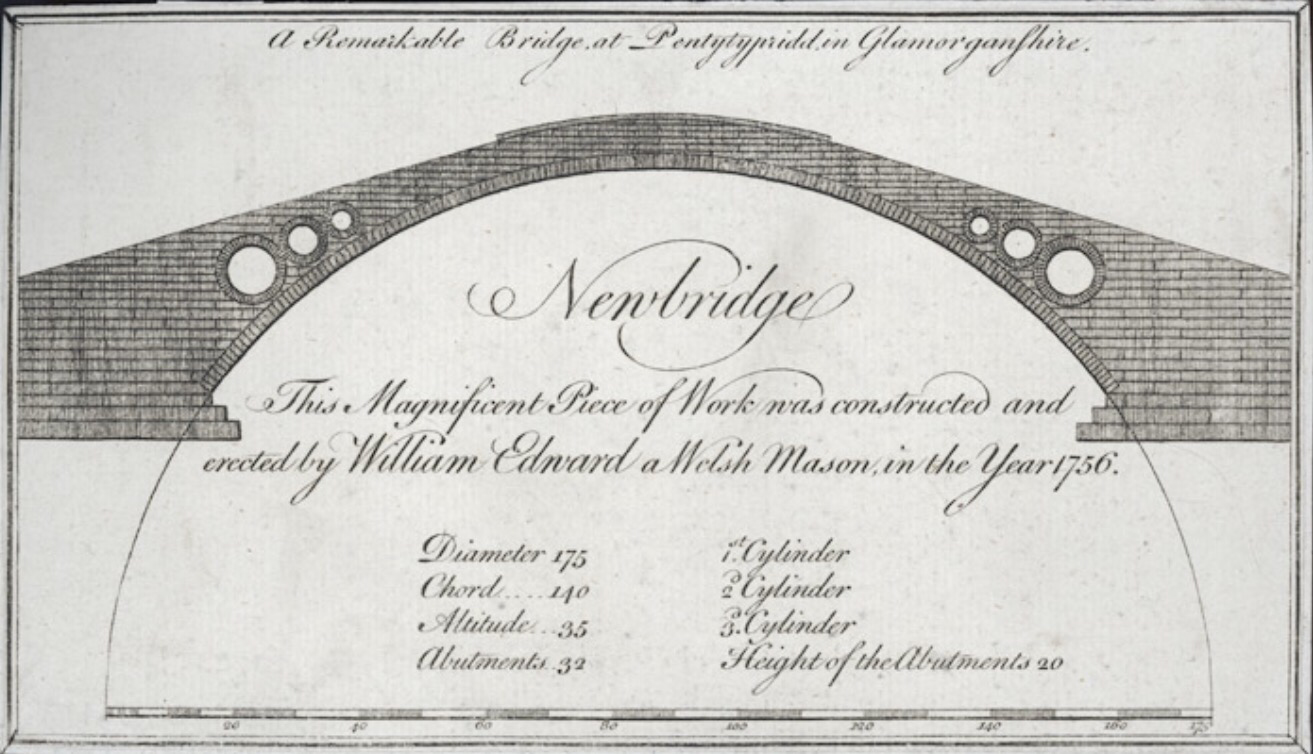 A while back I wrote about why I thought lots of public servants don’t use social media at work. I’ve also met people from the private sector who are prevented from using it for similar reasons, explained as ‘lost productivity’ or ‘security issues’. Not a great position to take when this infographic of Cisco research (via stoweboyd.com) suggests that 56%of young professionals would not take a job with an organisation that blocks Twitter and Facebook, or (more worryingly) will circumvent the policy.
A while back I wrote about why I thought lots of public servants don’t use social media at work. I’ve also met people from the private sector who are prevented from using it for similar reasons, explained as ‘lost productivity’ or ‘security issues’. Not a great position to take when this infographic of Cisco research (via stoweboyd.com) suggests that 56%of young professionals would not take a job with an organisation that blocks Twitter and Facebook, or (more worryingly) will circumvent the policy.
This is all very well, but this weekend I was brought ‘back down to earth’ with a bump. It was a “get real strategy boy” moment for me as I was told, “this is the reason why public servants don’t use social media”……
One of my associates is a front line public servant, and I really mean front line. They are an experienced practitioner, who delivers a key service for the citizens. On a daily basis they are close up with the ‘filth and the fury’ (their description). Brought on by reading one of my posts they had a good old rant about “poxy communities of practice” CoPs.
The gist of the rant was……
- Access to a community of practice (CoP) for their service area was being restricted by managers;
- The managers were acting as gatekeepers and drip feeding information on a ‘need to know’ basis;
- Cascaded communication referenced guidance documents and other resources on the CoP, which they don’t have access to;
- Trying to find out anything, or offer some experience would have to take place via one of the existing CoP members (usually line management);
- To become a member you would have to be ‘invited’ by an existing member;
- Wasn’t this just typical of the management in the organisation; and
- “they can stick their poxy CoP where the sun don’t shine”…..
Blimey! It’s an extremely disappointing tale, but not exactly surprising.
This kind of controlling behaviour from managers seems to be rooted in an old-fashioned view of; knowledge is power. “I’m the boss so I must be cleverer than you lot and actually, you can’t be trusted to say or do the right thing”. This seems to be particularly the case with something as ‘dangerous’ as the Internet. Unfortunately a depressingly common mindset in some places (not all though!).
The good news is that my ranting friend has a well established network amongst
their professional colleagues. If they really want to find out something it’s ‘phone a friend’ time. This usually gets the desired result or, in desperate times they revert to the good old email contact list of a few trusted colleagues. So in spite of (rather than because of) the “poxy community of practice”, the knowledge gets transferred
and the service gets delivered to the citizens.
So, what’s the PONT?
- Personal networks built on trusting relationships can be far more effective at knowledge transfer than a ‘constructed’ community of practice.
- Lots of managers need to be re-educated away from a knowledge is power mindset and must start to learn to trust people.
- If you want to get the most out of knowledge transfer, ‘go to where the people are’; existing ‘natural systems’ do work.
Links earlier posts:
Why we don’t use social media at work:
https://whatsthepont.wordpress.com/2011/06/29/why-don%e2%80%99t-we-use-social-media-at-work/
How many people participate in CoPs?:
Go to where the people are:
https://whatsthepont.wordpress.com/2011/07/01/go-to-where-the-people-are/
http://funny-pictures-blog.com/2011/09/07/knowledge-is-power/
http://angelakbar.blogspot.com/2011/04/knowledge-is-power.html


Leave a comment